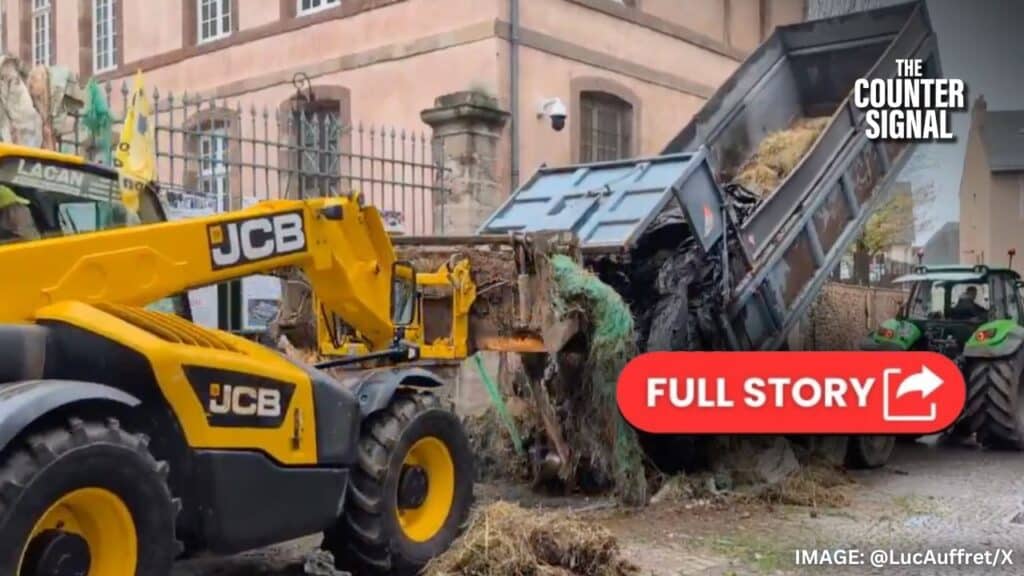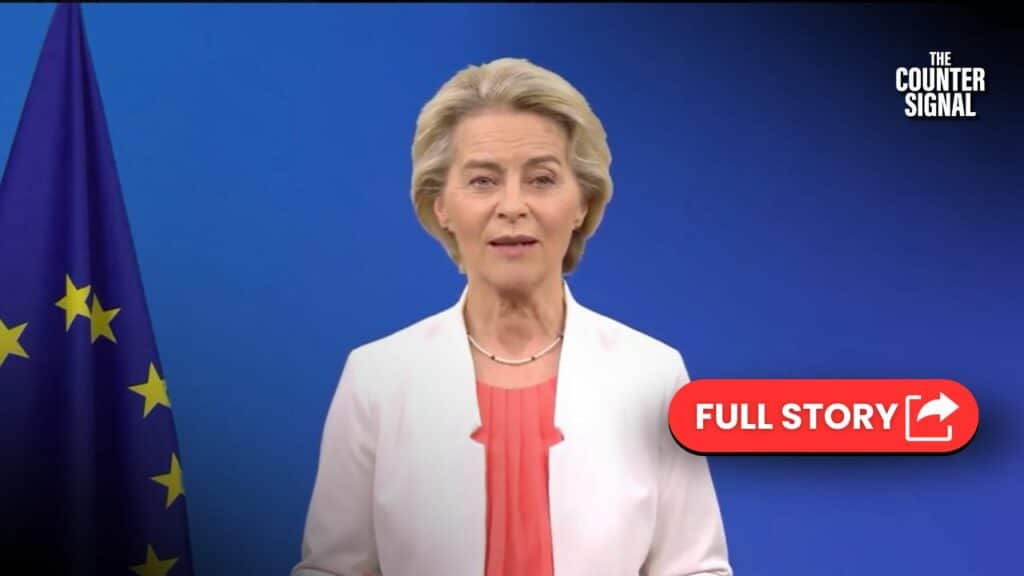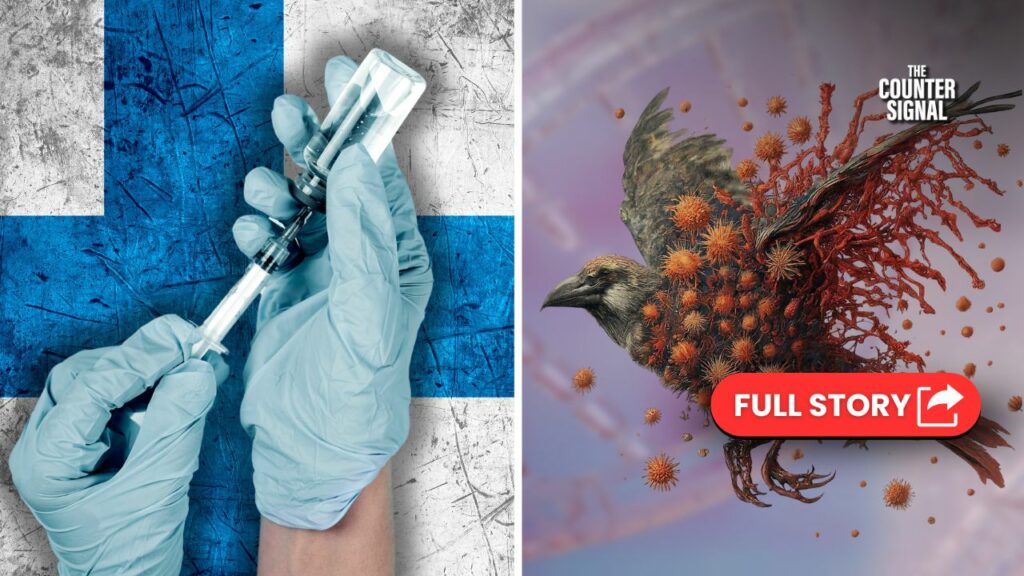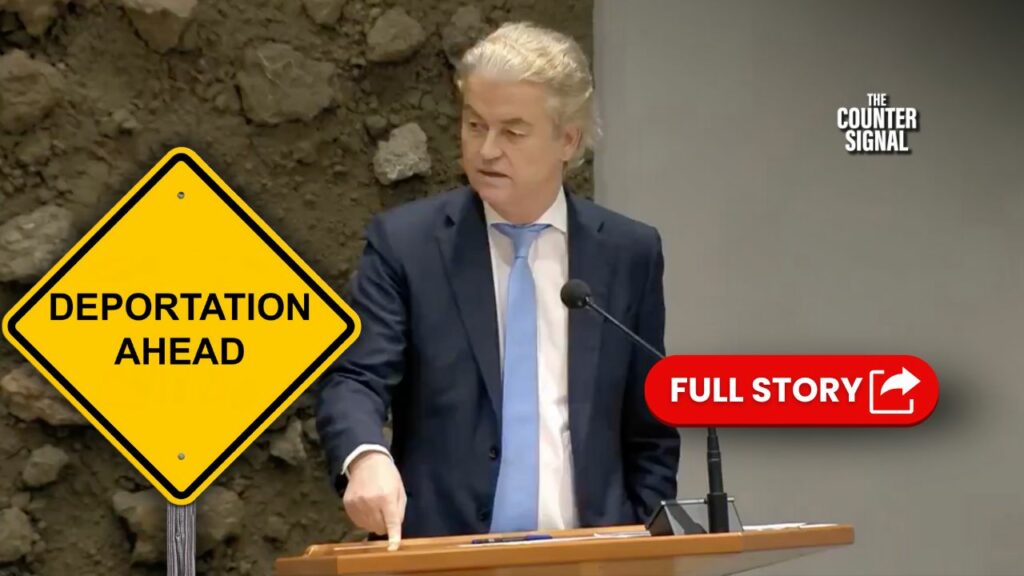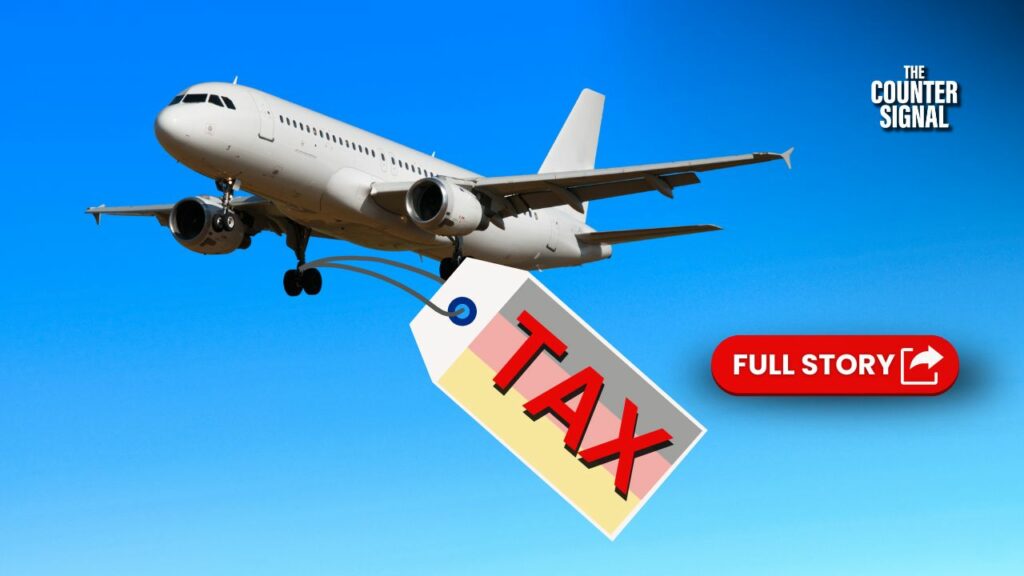The European Union (EU) has approved the Dutch farm buy-out scheme, calling it “voluntary” despite earlier reports that it will be mandatory.
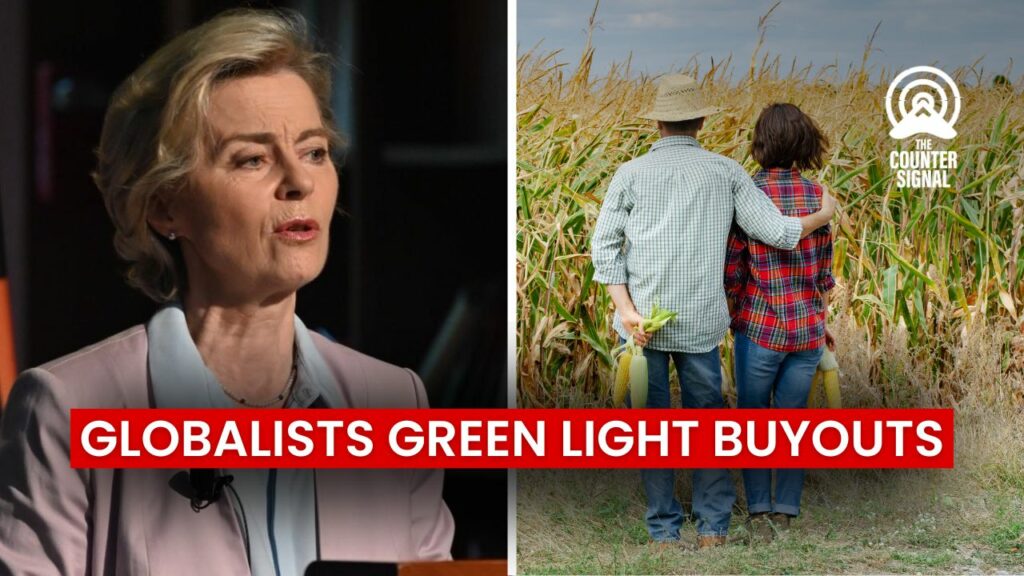
The farming intensive Netherlands is the second largest agricultural exporter in the world, which poses a problem for the Dutch government led by Mark Rutte, who wants to cut emissions of pollutants by 50% by 2030.
In November, to comply with the European Union’s radical climate laws, the Dutch government announced it would force up to 3,000 farms to shut down for good.
And on Tuesday, the EU officially backed Rutte’s scheme , approving a plan worth 1.47 billion euros to buyout farmers at 20% above market value.
The new definition of "voluntary." Down with the centralizing globalists. Peasants of the world unite! Take back your responsibility and face down the moralizing apocalypse-mongering tyrants! https://t.co/GLreivZhGG
— Dr Jordan B Peterson (@jordanbpeterson) May 2, 2023
While the report suggested the EU proposed a “voluntary” buy-back scheme, critics have good reason to doubt the sincerity of that claim.
“The EU has given the Dutch government the green light to buy out 3000 #DutchFarmers offering them 120% of the market value,” said Dutch commentator Eva Vlaardingerbroek.
Vlaardingerbroek added: “‘incentivising’ them to sell ‘voluntary’ (if they don’t, they’ll be expropriated later).”
In fact, last year, according to Dutch nitrogen minister Christianne van der Wal, the government purchase will ultimately be compulsory.
“There is no better offer coming,” claimed van der Wal in November.
Moreover, just weeks prior to van der Wal’s threat, the EU advised Holland’s Agricultural Minister to buy out farmland to comply with the EU’s 2030 emissions-reduction climate agenda.
The Dutch outlet NOS reports that in November 2022, Diederik Samsom of the European Commission met with top Dutch officials from the Ministry of Agriculture and advised them to buy out farmers because the nitrogen emissions in the Netherlands were too high.
“The Netherlands has driven into the guardrail with the car full and adjusting no longer helps,” Samson reportedly said.


